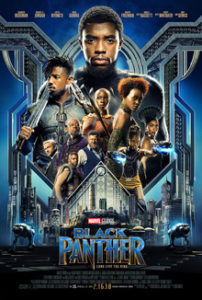Link to an article by Benjamin Fogel:
“Against ‘Anti-Corruption'”
Curiously, while the author says moralism isn’t an answer, his argument is essentially moral! He really is saying mere moralistic, individualistic finger-wagging won’t convince political opponents to change their own ways, which is a tactical argument that recognizes that the problem does not lie at an individual level and therefore cannot be solved at the individual level either but glosses over normative/ideological (moral) bases for structural/institutional action. But isn’t the author simply arguing that instead of criminalizing the political left through “anti-corruption” laws such policies should instead criminalize the political right? He offers no real explicit argument to this effect, relying instead on implicit ideology and morality/ethics. This is about a political struggle for hegemony, making certain specific procedural/tactical suggestions along the lines of Rosa Luxembourg’s famous “socialism or barbarism” maxim.
Bonus links: Slavoj Žižek On Political Struggle (technocrats as defenders of hierarchy) and Slavoj Žižek on Populism (populists) and Ibi Rhodus, Ibi Saltus! Quote (ethics/morals are ultimately political)

